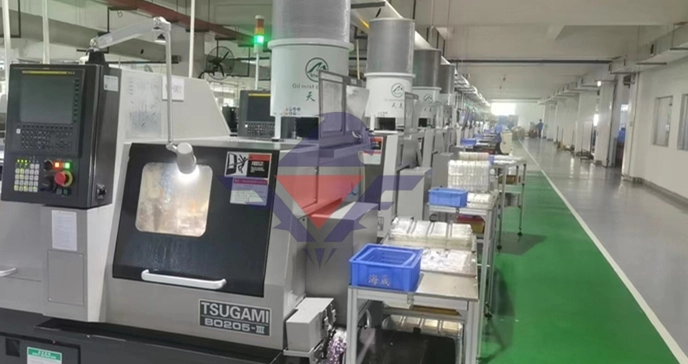
# Endotoxin Detection Kits for Accurate Bacterial Toxin Measurement
## Understanding Endotoxins and Their Impact
Endotoxins are lipopolysaccharides (LPS) found in the outer membrane of Gram-negative bacteria. These toxic substances can cause severe inflammatory responses when introduced into the bloodstream or other sterile body fluids. Accurate detection and measurement of endotoxins are crucial in pharmaceutical manufacturing, medical device production, and quality control processes.
## The Importance of Reliable Endotoxin Testing
Pharmaceutical companies, hospitals, and research laboratories rely on endotoxin assay kits to ensure product safety and compliance with regulatory standards. The presence of endotoxins in injectable drugs or medical devices can lead to:
– Pyrogenic reactions in patients
– Septic shock in severe cases
– Product recalls and regulatory violations
– Compromised research results
## Types of Endotoxin Assay Kits Available
Modern endotoxin detection kits utilize different methodologies to provide accurate results:
### 1. Limulus Amebocyte Lysate (LAL) Based Kits
The most widely used method, LAL-based kits come in several formats:
– Gel-clot assay
– Chromogenic assay
– Turbidimetric assay
### 2. Recombinant Factor C (rFC) Based Kits
These newer alternatives offer:
– Animal-free testing
– Consistent reagent quality
– Comparable sensitivity to LAL methods
## Choosing the Right Endotoxin Detection Kit
When selecting an endotoxin assay kit, consider these factors:
– Sensitivity requirements (typically 0.005-5.0 EU/mL)
– Sample matrix compatibility
– Throughput needs
– Regulatory acceptance
– Cost-effectiveness
## Best Practices for Endotoxin Testing
To ensure accurate results with your endotoxin detection kit:
1. Maintain proper aseptic technique
2. Validate all testing equipment
3. Use appropriate controls
4. Follow manufacturer instructions precisely
5. Document all procedures thoroughly
## Applications Across Industries
Keyword: Endotoxin Assay Kits
Endotoxin assay kits serve critical roles in multiple sectors:
– Pharmaceutical quality control
– Medical device manufacturing
– Water quality monitoring
– Biomedical research
– Food safety testing
## The Future of Endotoxin Detection
Advancements in endotoxin testing technology continue to emerge, including:
– Automated testing platforms
– Higher sensitivity assays
– Faster turnaround times
– Improved standardization
By selecting the appropriate endotoxin detection kit and following proper protocols, laboratories can ensure accurate bacterial toxin measurement and maintain the highest standards of product safety and quality.